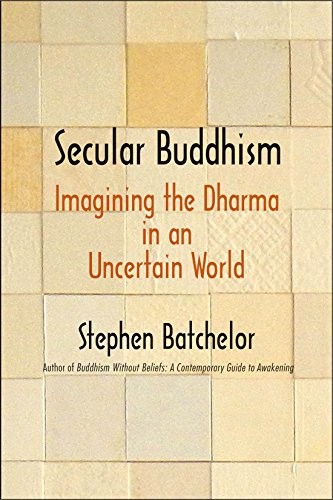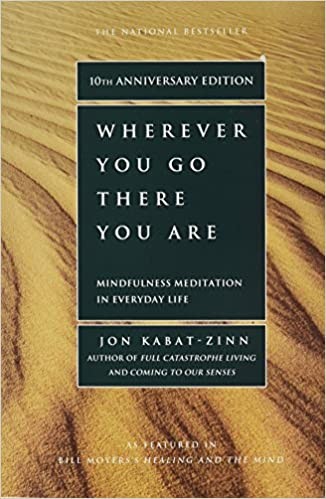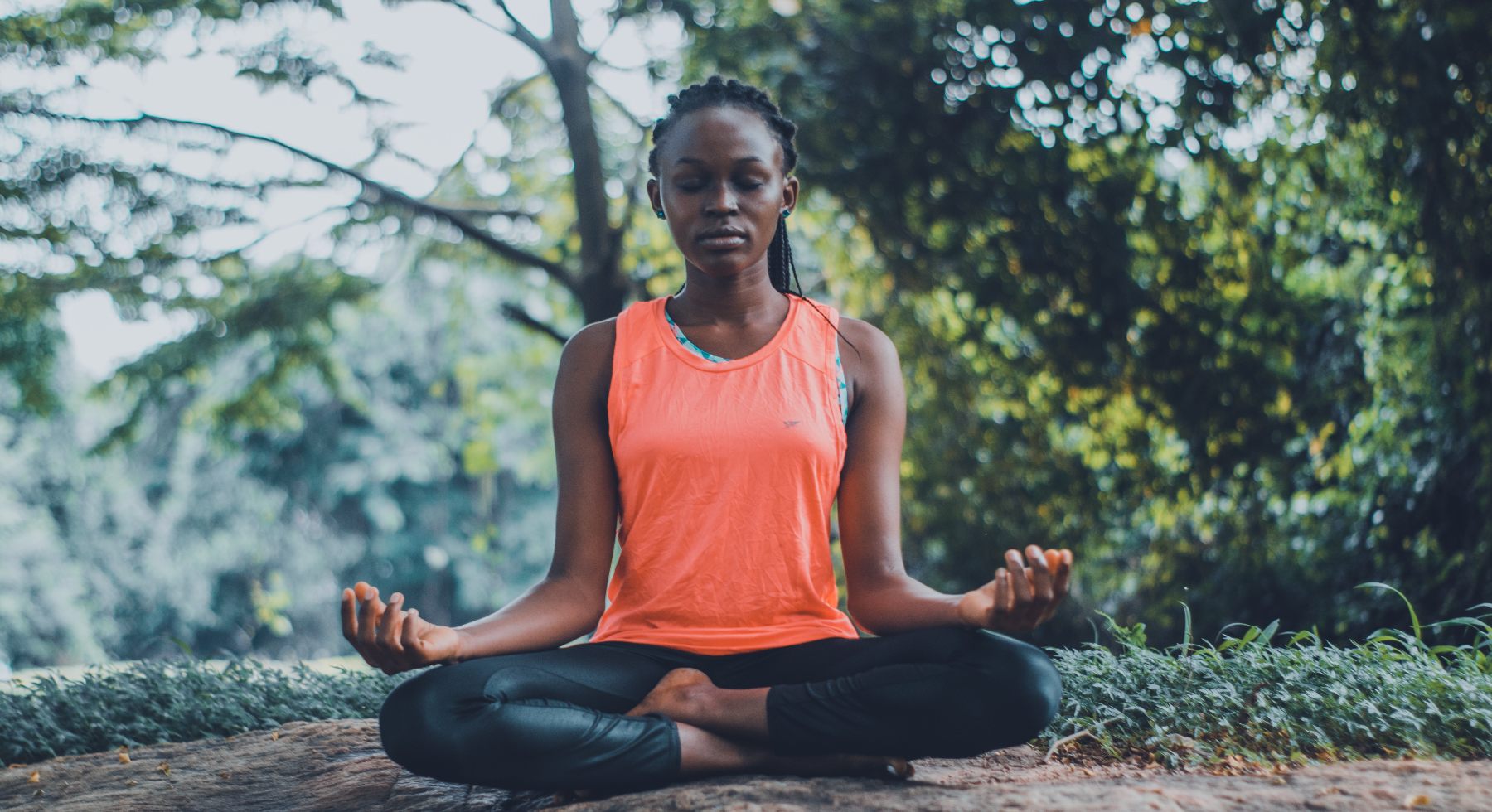I’m a pretty anxious person.
Close friends don’t find this fact to be surprising, but people who don’t know me well – coworkers, neighbors, acquaintances – would probably be a little taken aback. I do a great job of hiding my anxiety from most of the world, and because of that, I was able to ‘ignore’ it for a long time.
Functioning anxiety, I reasoned. Sure, I was anxious, and sometimes miserable with that anxiety. Sometimes it was hard to bring myself to make phone calls, run important errands, or do things like apply for new jobs and promotions.
But I could go to work every day. I kept my house (moderately) clean. That nagging voice of anxiety in the back of my head was mostly kept at bay by lots of routine, patience on my part, and mostly ignoring it.
Denial – it’s not just a river in Egypt.
Eventually, it became too much
Without going into too much detail, I was in a toxic relationship for a long time with someone who never really loved me, but was happy to stick around while I did all the heavy lifting. My self worth was at an all-time low, and I was miserable in every aspect of my life. Needless to say, my anxiety was sky-high.
It started to touch every aspect of my life in a negative way. My self care, my self worth, my job, my relationship with friends and family. I knew I needed to do something, and I didn’t know that.
Lots of awful articles online told me to just breathe. Draw myself a bath, use a sheet mask, and wait for it to pass. But my anxiety was more chronic and less fleeting than that, and I needed a full mental shift.
Meditation seemed to fit the bill.
It’s not just breathing
I always thought meditation was for new-age hippies and girls with that single dread in the back of their hair. You know, people who were in touch with mother earth, or bald gentlemen who wore long orange robes and woven sandals.
I knew logically that it was more than just breathing in and out and thinking about nothing, but I didn’t understand what the more was really about. How could changing my breathing help my life, unless I was knee-deep in a panic attack and needed to stop my heart from beating out of my chest?
Meditation is not just for hippies that smell like incense and frequent the weird stores on Main Street with all the crystals, though it is for them. It’s also for high-powered lawyers who handle multi-million dollar lawsuits. It’s for grandmothers who are retired. It’s even for freelance writers working two jobs stuck in a toxic not-quite relationship with someone who didn’t want to actually be with them.
But I digress.
Meditation is both extremely easy to pick up and hard to master, but even if you’re not looking for spiritual enlightenment, you can get a lot of benefits from a few minutes of a day of meditation practice.
How does meditation help?
Anxiety is all about your brain going into overdrive, right? Your brain is just a lot and it’s running at a thousand miles an hour. For me, when my anxiety is particularly aggressive, it’s like a high-speed train has my thoughts. I cannot stop them, I cannot switch tracks, and I must explore every single thought to it’s final, ultimately incredibly depressing conclusion.
It’s not great.
Meditation helps me slow that train down, move the tracks around, and get myself in a better place to control my thoughts.
Because you can control your thoughts. Too often, I believed that my thoughts were not really my own and that I had no control over them. But you are in charge of your mind, your body, and your soul – and you can control your thoughts.
Meditation slows it all down and helps you see the truth, away from your anxiety and your depression and your stresses.
How do I start?
Great news – it’s actually really easy to start meditating. Like, right now.
You don’t need any fancy equipment. You don’t need anything more than yourself, a relatively comfortable place to sit (or lay, I’m not the boss of you), and a quiet space.
I like sitting on the floor of my bedroom on a yoga mat, legs crossed. Before we moved, I sat on the floor with my back against the closet door. If you don’t feel comfortable climbing down on the floor, a comfortable chair or couch works just fine.
For beginners, a guided meditation is usually best. There are about a thousand on YouTube, so you have no shortage. Check out this one from Goodful, which is just a 10 minute guided meditation for anxiety.
Goodful also has a 10 minute meditation for beginners, if you clicked around in that one and felt a little lost.
There are seriously a ton. If a female voice resonates more with you (I get it!), check out Yoga with Kassandra, who has a 15 minute guided meditation for beginners.
I can’t stop thinking, am I doing it wrong?
Somewhere along the way, the idea came about that meditation is all about not thinking. Just, completely pushing away all of your thoughts and ignoring them. That’s… not true, not really, and it stops a lot of people – especially those with anxiety! – from trying out meditation. I can never not think, you’re probably saying. How could this work?
Meditation is not, in fact, about not thinking. It’s totally okay and normal for your head to be full of thoughts when you first start, so don’t punish yourself or get upset.
Acknowledge those thoughts, and then let them go in your mind, to drift away. As you start this process, you’re going to discover that it becomes easier and easier to let thoughts drift, and keep your mind still. The first few sessions are the worst but don’t give up, even if you’re discouraged. It does get easier.
See your thoughts. Know your thoughts. Acknowledge them inside of you, and then let them float away.
Other resources for you
Thinking about going further? That’s great! If you’re interested in using meditation to help your anxiety, your depression, or just to get calmer and more centered, there are a ton of amazing resources out there.
The first place that I started was with the Secular Buddhism Podcast, run by a game named Noah Rasheta. It’s taking Buddhism principles in a non-spiritual, non-religious way and applying them to your own life. His first few podcasts are all about what secular Buddhism is and how it can help you in your life.
Stephen Batchelor has a fascinating book titled Secular Buddhism: Imaging the Dharma in an Uncertain World.

Batchelor trained for ten years as a monk in a Buddhist temple before he fell in love with a nun, and the two married, leaving their own beliefs behind.
Jon Kabat-Zinn has an excellent book titled Wherever You Go, There You Are, a book on mindfulness meditation that helps teach you how to center yourself and put mindfulness meditation into practice in your own life. I own both of these books, and I recommend them both!

If you’re more into listening instead of reading, there are a few podcasts you can check out.
The Rubin Museum: Mindfulness Meditation Podcast was started by The Rubin Museum during the lockdown to help people find a little bit of center and purpose in their life.
Guided Meditation by The Yoga Bunny is another that is more practical. They walk you through different exercises, including deep breathing exercises, meditation, and more. The episodes are super short, so if you only have a few minutes to spare, this is a great choice.
There are a lot of apps for your phone, too – if you find yourself on your phone anyway, might as well do something productive with them! Headspace and Calm are the two most popular ones, but Sattva, Aura, and Enso are also great choices. Download a variety and try each out for a few days to see which ones speak to you most.













